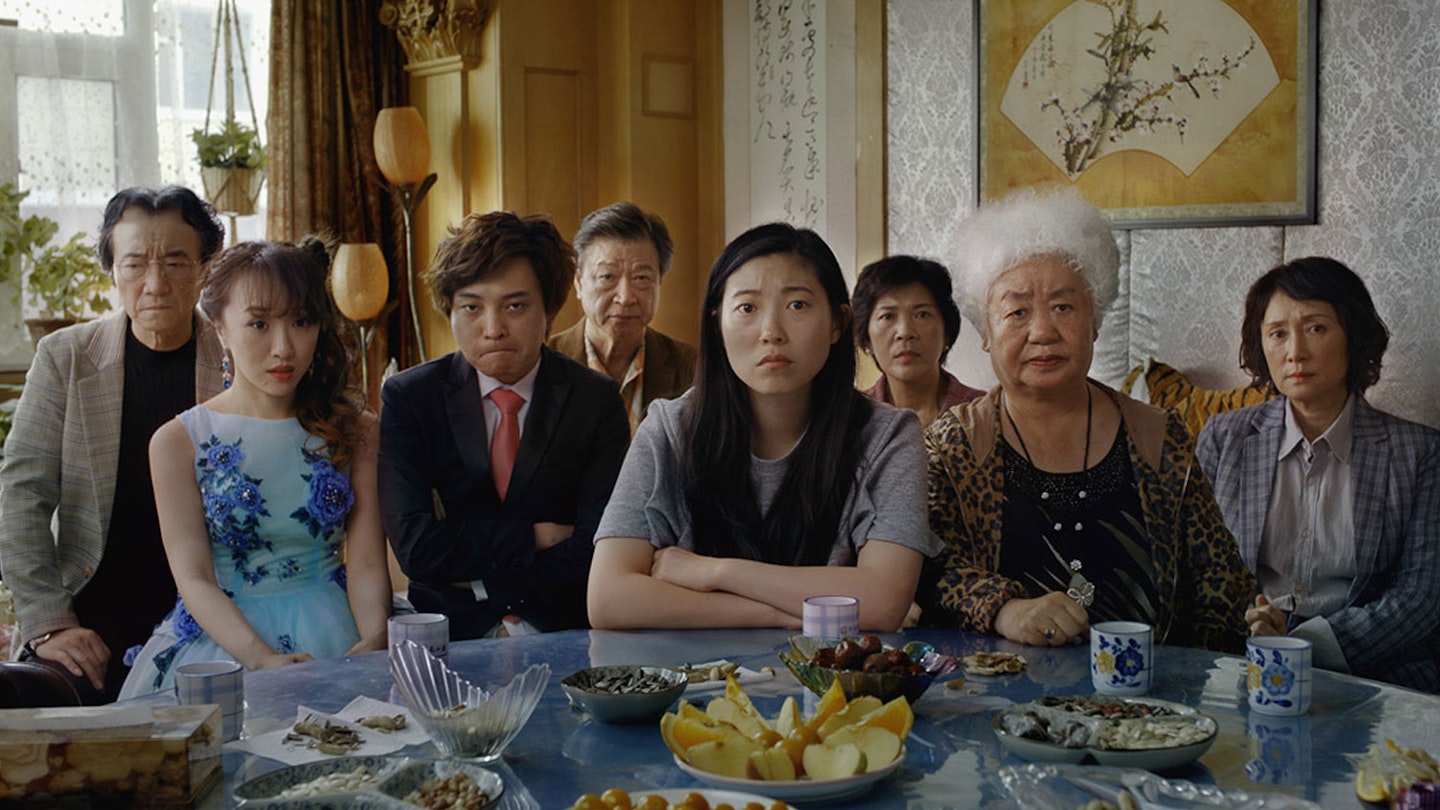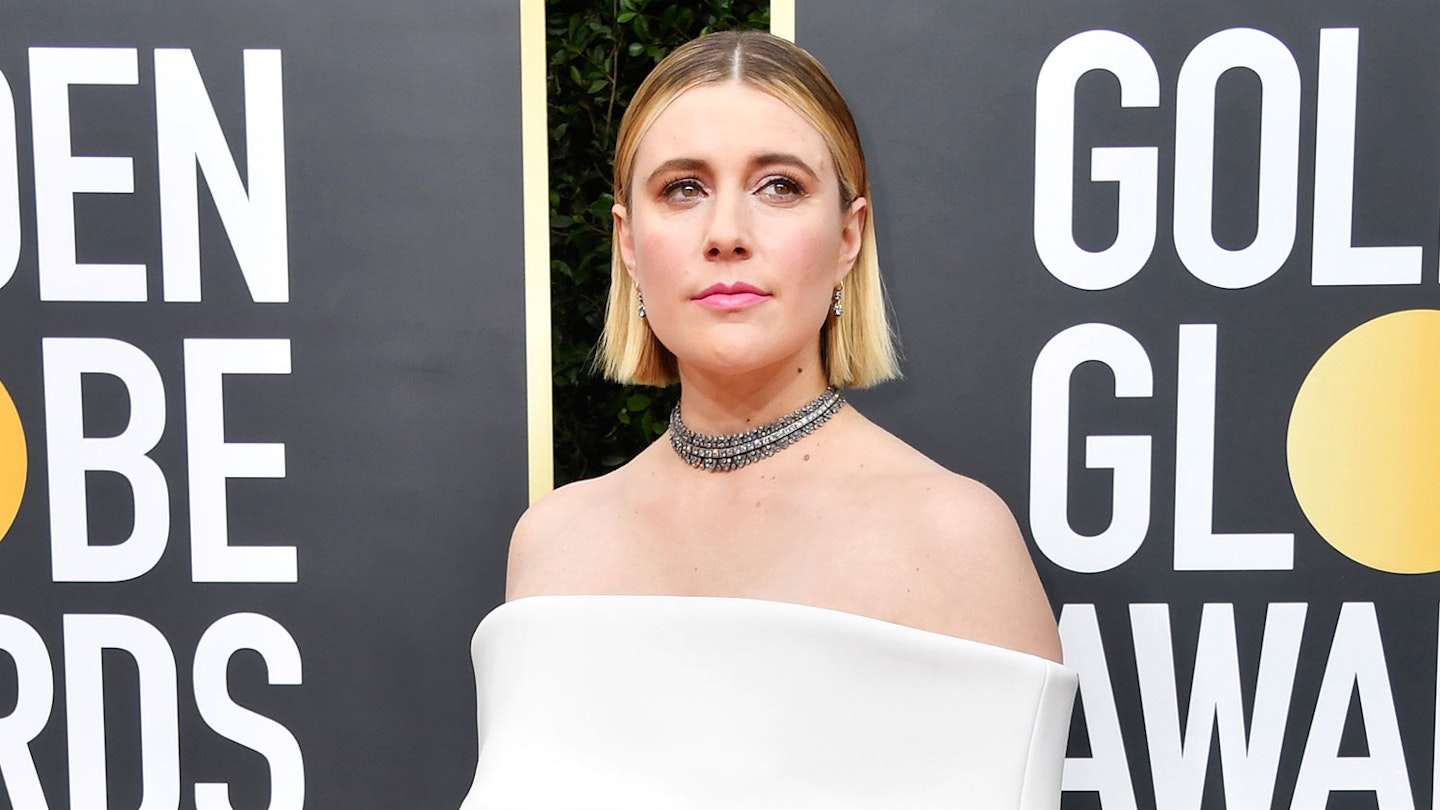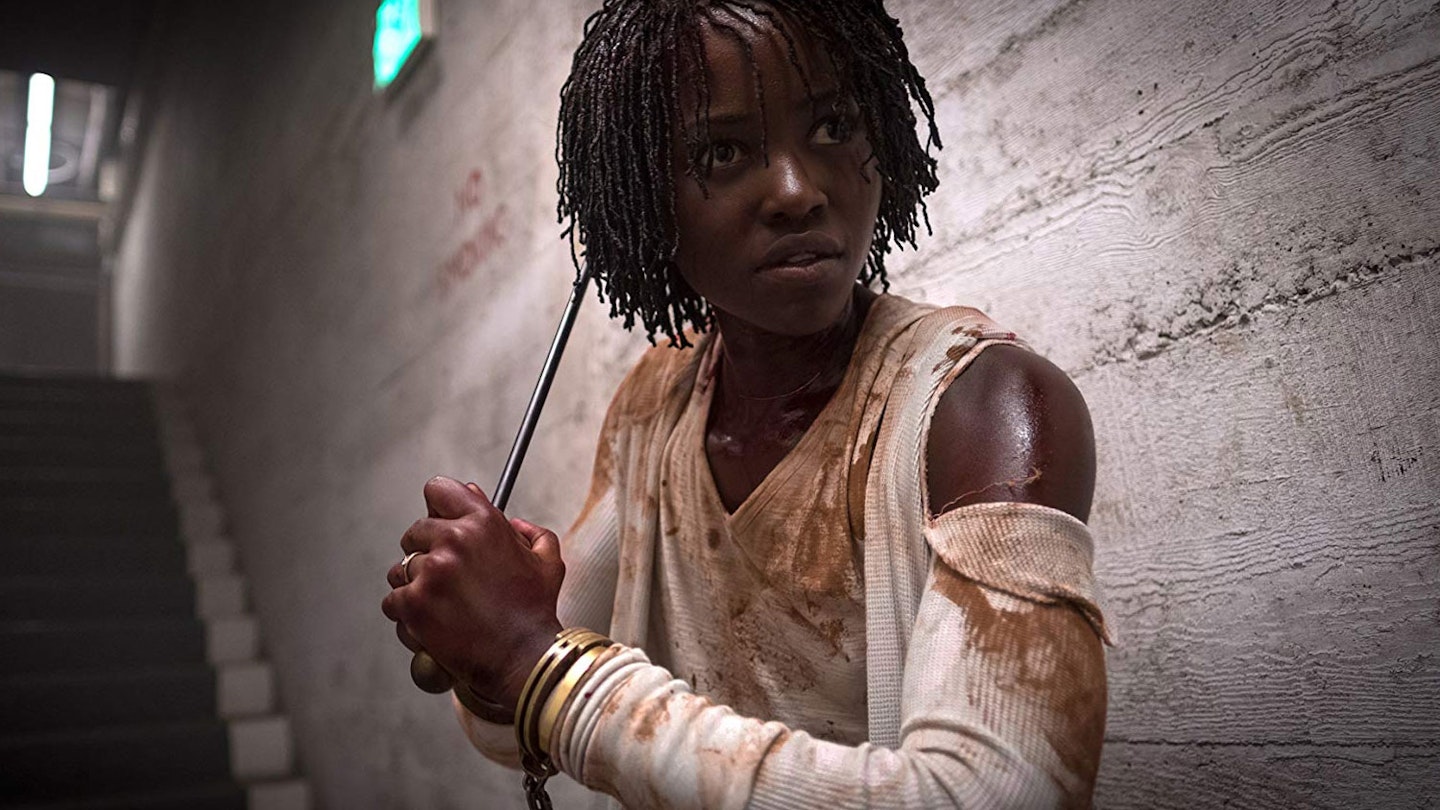Here we are again. For the third time in the past six years, the BAFTA nominations for Best Actor, Best Actress, Supporting Actor and Supporting Actress – 18 names in all this year – are entirely White.
That’s a staggeringly disappointing statistic, especially when the field of diverse performances up for recognition this year was so strong. From Lupita Nyong’o’s spectacular dual turn in Jordan Peele’s Us, to the understated, yet powerful performance given by Awkwafina – recently minted with a Golden Globe – in The Farewell, the list of snubs is long and egregious.
The manner of the erasure makes the final shortlist even more disheartening to read. Of particular note is the Best Supporting Actress category, which has Margot Robbie scoring two nominations for Once Upon A Time in Hollywood and Bombshell. While Robbie definitely leaves an impression in Quentin Tarantino’s latest film, one of the big talking points upon its release was how little screen time her take on Sharon Tate was given. Compare that to Jennifer Lopez’s game-changing, almost co-lead performance in Hustlers or Zhao Shuzhen’s breakout turn in The Farewell, and the fact that neither actress got the nod instead feels unjust.

Things aren’t any better on the male side. Antonio Banderas is arguably at his career best in Pain And Glory, and there were few sights more welcome in 2019 than the return of Eddie Murphy doing what he does best in Dolemite Is My Name, but there was no room for them in the overly safe Best Actor shortlist. And despite getting a nom for Best Film and Best Director, the superb Parasite ensemble was also shut out.
Women and people of colour have seized those limited opportunities and created great work. More chances come when that work is recognised.
In news that’s sure to disappoint Natalie Portman amongst many others, the BAFTA’s snubs weren’t limited to the acting categories. Once again the Best Director shortlist features no women, despite this being the year of critically lauded films such as Greta Gerwig’s Little Women and Joanna Hogg’s The Souvenir. It contributes to another troubling statistic: of the 50 directors to be BAFTA nominated for the highest honour in their field in the past decade, only two have been women – Kathryn Bigelow for Zero Dark Thirty, and Lynne Ramsay for We Need To Talk About Kevin.
Progress is seldom a straight line, and awards season has always been a good reminder of that. But that doesn’t make the backwards step these nominations represent any less frustrating, not least because they come at a time when it felt like a corner had been turned and things were slowly but surely changing for the better.

In speaking about the disappointment over the lack of diversity in today’s nominations, BAFTA CEO Amanda Berry noted that “talent is everywhere, opportunity is not”. Despite the fact that they face more obstacles than their peers, women and people of colour have seized those limited opportunities and created great work. More chances come when that work is recognised.
To not give women and people of colour the recognition they deserve is to not accurately reflect the best work of the past 12 months, and if you continue to do it repeatedly you risk fading into irrelevance. When the Oscars begin to look more forward thinking than you do, it’s time to make a change.
